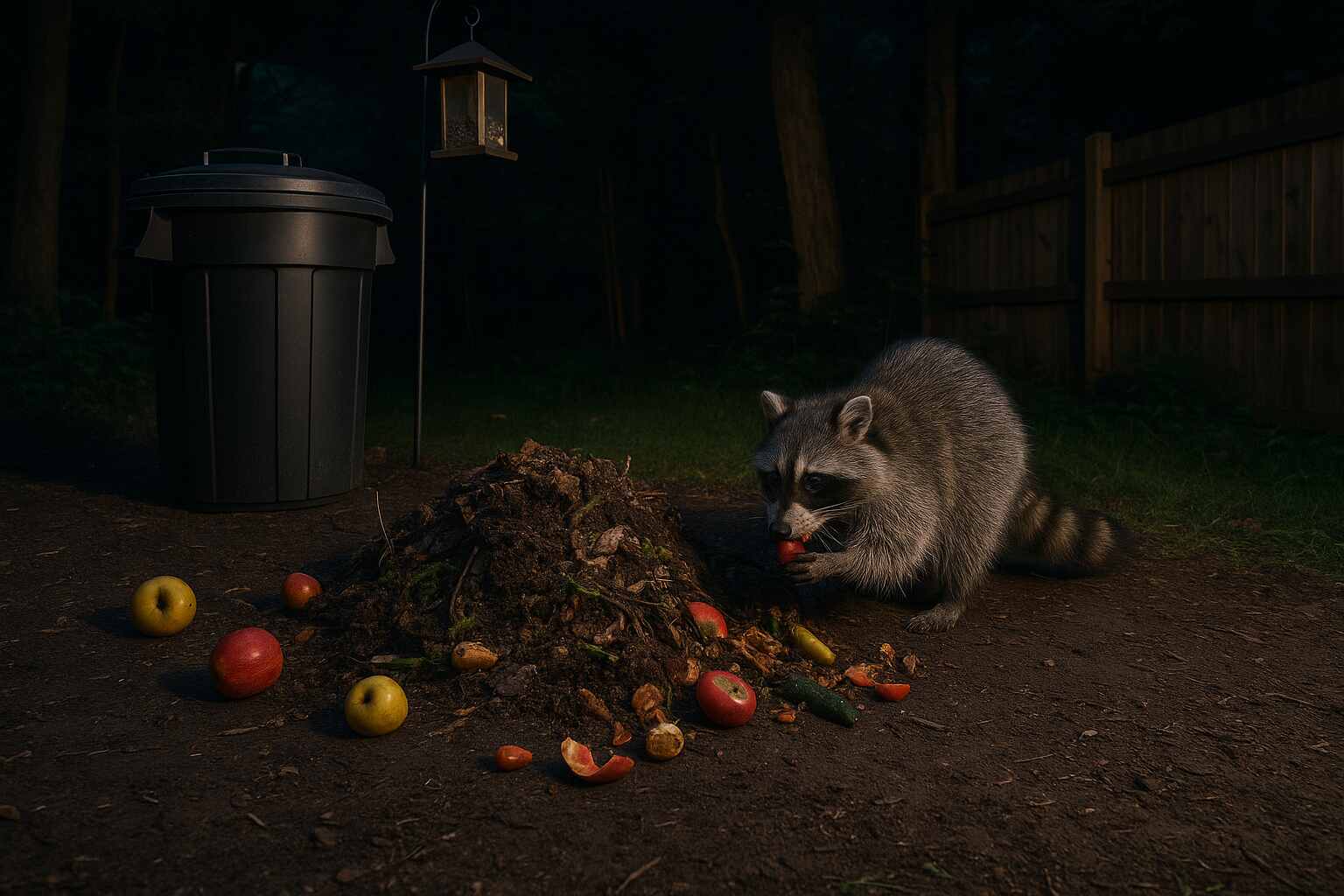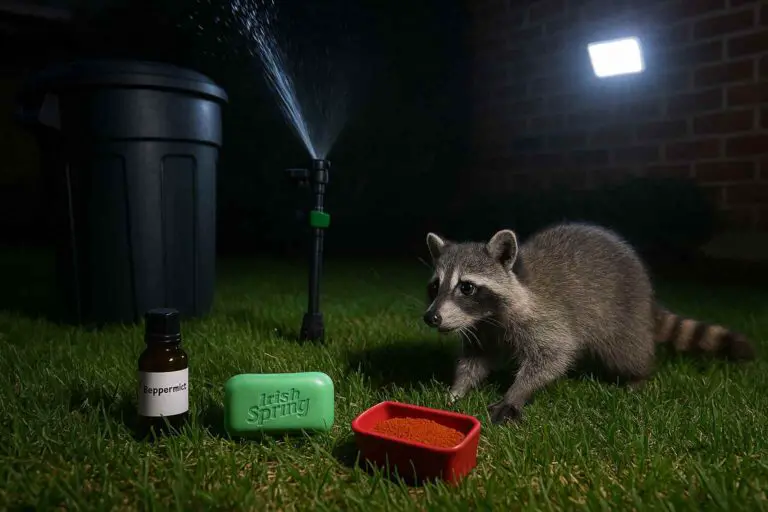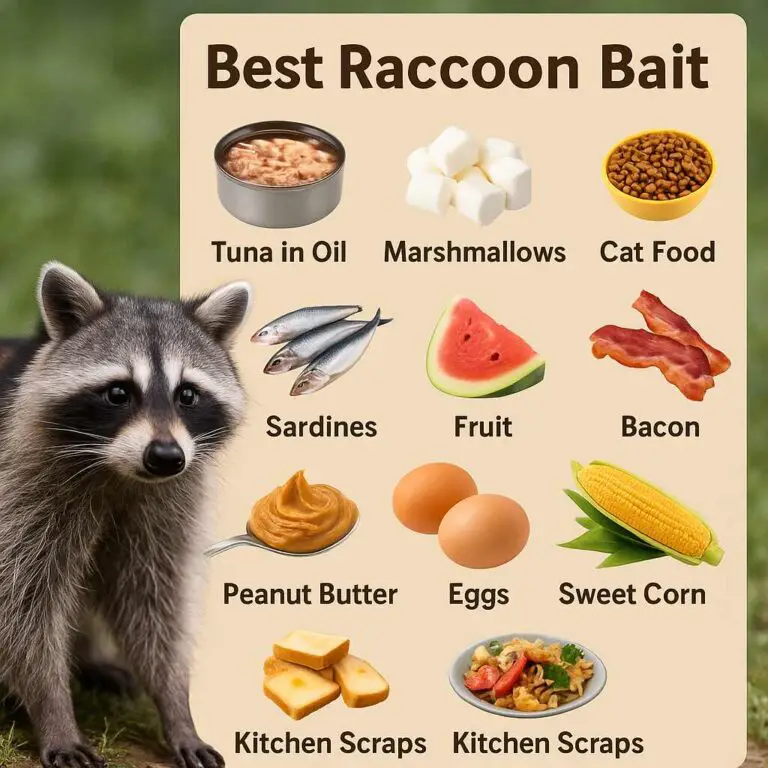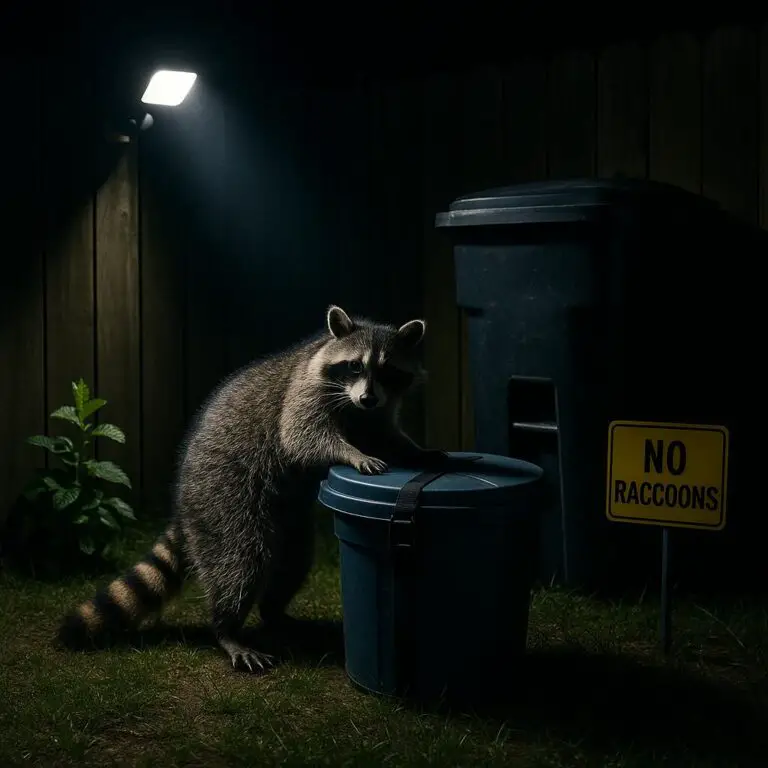🔍 Why Understanding Raccoon Diet Matters
Understanding what raccoons eat gives valuable insight into their behavior, foraging habits, and interaction with human environments. As adaptable omnivores, raccoons thrive in forests, farmlands, and even cities—thanks to their incredibly varied and opportunistic diet.
This guide explores the complete range of raccoon food preferences, seasonal habits, and practical strategies to manage raccoon encounters safely and humanely.
🌿 What Do Raccoons Eat?
Raccoons (Procyon lotor) are omnivores, meaning they eat both plant and animal-based foods. Their diet depends heavily on what’s available in their environment, changing with the seasons and proximity to human activity.
🍎 Plant-Based Foods
🍓 Fruits and Berries
Raccoons are especially fond of sweet, seasonal fruits, including:
Apples
Blueberries, raspberries, blackberries
Grapes
Cherries
Persimmons
🍂 Fun Fact: Raccoons rely on fruit more in summer and fall to build fat for winter.
🥦 Vegetables and Nuts
Common plant-based foods raccoons forage include:
Corn
Squash
Beans
Acorns
Walnuts
Pecans
These provide essential carbohydrates and fats for their energy-intensive, nocturnal routines.
🐛 Animal-Based Foods
🐞 Insects and Invertebrates
Raccoons frequently eat:
Beetles
Grasshoppers
Caterpillars
Earthworms
Snails
They forage under leaf litter, rocks, and logs—making insects a critical protein source in spring and summer.
🐭 Small Animals and Birds
While not a primary food source, raccoons will consume:
Mice, voles, squirrels
Bird eggs and nestlings
Ground-dwelling birds like quail and doves
Their nimble paws and sensitive touch help them raid nests with surprising precision.
🐟 Aquatic Prey
Raccoons are skilled at catching:
Small fish (minnows, trout)
Crayfish
Frogs
Clams and snails
They typically hunt at night near streams, lakes, and wetlands using their tactile paws.
📆 Seasonal Raccoon Diets
Raccoon diets vary seasonally based on food availability:
| Season | Primary Foods |
|---|---|
| Spring | Insects, frogs, early berries |
| Summer | Fruits, vegetables, fish, crayfish |
| Fall | Nuts, late-season fruits, small mammals |
| Winter | Scavenged scraps, seeds, rodents, stored fat |
🧊 Note: Raccoons don’t hibernate but become less active in winter, relying on stored fat and scavenged food.
🏙️ Urban Raccoon Diet: How They Adapt
In cities and suburbs, raccoons are resourceful scavengers that take advantage of human food waste and pet supplies.
🍽️ Common Urban Food Sources:
Garbage bins
Pet food (especially left outside)
Bird feeders
Compost piles
Fallen fruit from gardens
🧠 Raccoons can remember food sources and return repeatedly unless deterred.
🛡️ How to Manage Raccoon Encounters
✅ Secure Food Sources
🗑️ Trash Cans: Use raccoon-proof garbage cans with locking lids.
🍽️ Pet Food: Feed pets indoors or remove dishes at night.
🐦 Bird Feeders: Install on poles with squirrel baffles.
🌽 Gardens: Use protective fencing or netting around crops.
🚫 Effective Deterrents
💡 Motion-activated lights
🔊 Noise-makers (radios or ultrasonic repellers)
🌿 Natural repellents: Ammonia, predator urine, or raccoon repellent spray
🧰 Recommended Products
| Product | Purpose |
|---|---|
| Raccoon-Proof Trash Can | Prevents food scavenging |
| Pet Food Storage Bin | Keeps kibble safe overnight |
| Motion-Activated Light | Startles raccoons from your yard |
| Raccoon Repellent Granules | Natural deterrent for gardens |
🧑🔧 When to Call a Professional
If raccoons become aggressive, destructive, or nest in your attic or crawl space, contact a licensed wildlife control specialist. Humane removal and exclusion methods are often the safest long-term solution.
🧠 Final Thoughts
Raccoons have one of the most adaptable diets of any North American mammal. From fruits and insects to fish and garbage, they’ll eat almost anything that’s accessible—and edible.
By understanding their eating habits, especially in your region or home, you can take smarter steps to prevent raccoon problems before they begin. A well-informed approach helps ensure both coexistence and safety.








